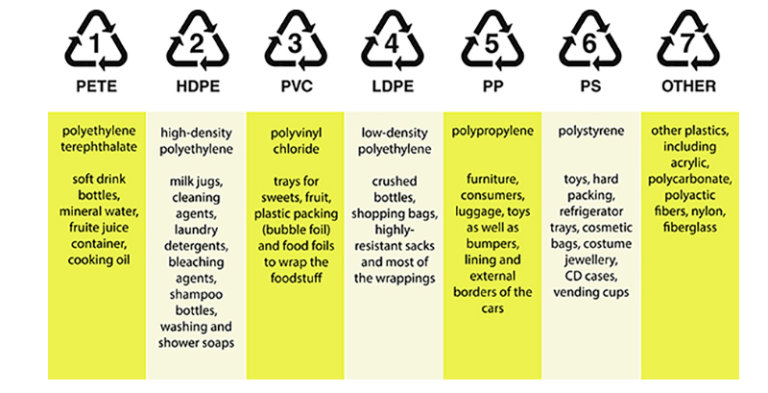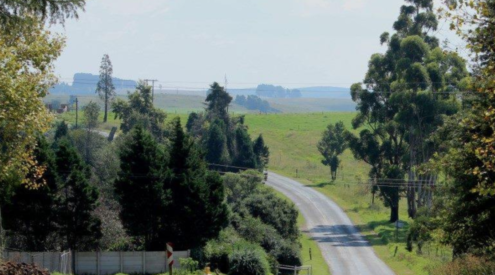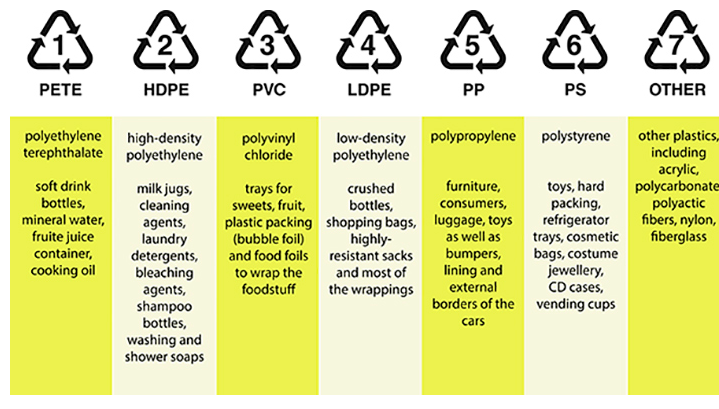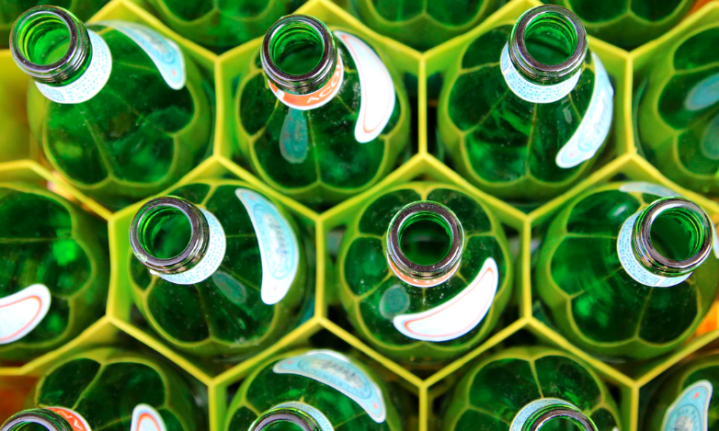We all know the holy trinity of sustainability: reduce, reuse, recycle. But there is so much more to sustainable living than this. Now more than ever, people are required to take action in preventing materials like single-use plastics, styrofoam and foil from entering the environment.
If you’re not a recycling master, then don’t worry – there is always room for improvement. The first thing that needs to be mentioned about recycling is that in South Africa, not everything is recyclable.
Certain items end up in landfill despite your eco-warrior efforts. It’s important to educate yourself on the items you’re purchasing and what their long-term effect on the planet is.
Items that can be recycled in South Africa:
– Metal: cans, food tins, paint tins, aerosol cans (these can be recycled through collectacan.co.za)
– Glass: tomato sauce bottles, jam and mayonnaise bottles, juice, wine and beer bottles and jars (visit theglassrecyclingcompany.co.za to find a glass recycling bank near you)
– Paper: white office paper, envelopes, shredded paper, cardboard boxes, magazines and brochures, newspapers, wine bottle sleeves, egg cartons, pamphlets, telephone directories, paper gift wrap (visit Paper Recycling Association of South Africa for information on where to recycle paper correctly)
– Plastic: to determine if a plastic product is recyclable or not, look for the recycling logo. There are seven different logos with the numbers 1–7 representing the different kind of plastic the item is made of. (Recycling collection service greencycle.co.za will collect your recyclable goods for you.)
– Tetrapak: Fruit juice boxes and milk containers are lined with aluminium foil and plastic and must be recycled separately.
If you’re looking for a beginner’s guide on how to recycle in SA, Treevolution has a handbook for beginners. Click here to page through it.

The different plastic symbols. Image source: profpack.co.za
Items that cannot be recycled in South Africa:
Items that cannot be recycled vary from recycler to recycler and from province to province.
Glass: drinking glasses, crystal, light bulbs, crockery, cookware, windscreen glass, window glass, computer and TV screens and laboratory glass
Paper: wet or soiled paper or cardboard products, such as used paper plates and pizza boxes, tissues, kitchen roll, toilet paper, laminated, wax-coated, or foil-lined paper and cardboard, punch confetti, carbon paper, stickers and Post-it notes (includes glue), cement bags, dog food bags lined with plastic, disposable nappies, adhesive tape
Plastic: Plastic trays such as vegetable and fruit punnets, water bottles, plastic sandwich packages and so on are made from polyethylene terephthalate (PET). It is the most commonly used plastic and is essentially a single-use plastic. ‘PET plastic is difficult to decontaminate, and proper cleaning requires harmful chemicals. Polyethylene terephthalates may leach carcinogens,’ according to profack.co.za. Most recyclers won’t recycle PET items.
Ecobricking
Recycling can be a time-consuming hassle and if not done properly, it’s pointless. If you want a quick-fix solution to your waste needs, start ecobricking. The art of ecobricks removes any confusion about what can and cannot be recycled. It helps you feel less guilty, as you won’t be throwing any of your material waste away.
Take any 2-litre or 5-litre bottle and stick your packaging waste inside it, using a stick. Make sure you have a pair of scissors handy as bigger items will need to be broken down. Compact your brick with plastic shopping bags to fill the gaps and make sure you can squish the bottle – that’s when you’ll know your ecobrick is full.

How to make an ecobrick. Image: Ecobrick Exchange
The exercise of ecobricking will enlighten you on just how much effort it takes to break down plastic. Another bonus about ecobricking is that the bricks can be used to build schools and recreational areas, through the eco-brick exchange. There are drop-off points around South Africa; all you have to do is locate the nearest one to you. By ecobricking, you’ll be protecting the ocean from harmful waste and help uplift surrounding communities, a double win.
Drop-off points for ecobricks:
Cape Town:
Cobute, Tableview
Greenpop Nursery, Woodstock
Faithful to Nature, Muizenberg
Health Connection, Fish Hoek
The Hub, Scarborough
Long Beach Mall, Noordhoek
Joburg:
Earth Warrior, 1018 Deerhurst Close, Riverwood Village, Dainfern, 2191 (by appointment)
Port Elizabeth:
Tile and Brick, Hugh Road, 11 Heugh Rd, Walmer – Port Elizabeth
Re-trade Project, Walmer, 22 Newcombe Ave, Walmer Heights – Port Elizabeth
The eight Rs of sustainable living:
1. Refuse: I’m sure by now, you’ve been told to ‘refuse the straw’. It’s as simple as that. Say no to single-use plastic.
2. Refill: shop at refill stores, where you take your own containers and don’t use single-use plastic. Find a list of stores here.
3. Repair: rather than throwing something out, spend some time online researching how to repair it. YouTube is full of DIY repair videos. Alternatively, find a small business that can help you. Don’t just throw things out.
4. Regift: those beautiful gift boxes, bags and wrapping paper should never be thrown out and should be regifted to someone else.
5. Reduce: drive less, shorten your shower, if it’s yellow let it mellow – that’s the gist of it.
6. Reuse: switch out your clingwrap for cotton cloth tops, use a refillable bottle and bring a reusable grocery bag to the store with you when shopping
7. Recycle: keep in mind what can and can’t go to recyclers.
8. Repeat: practice makes perfect!
Image: Unsplash




















